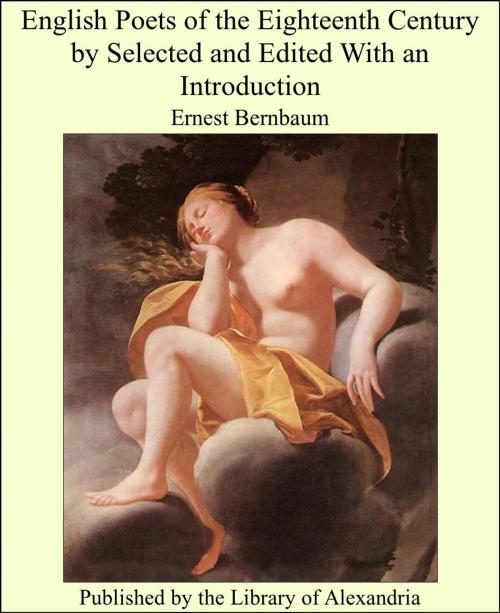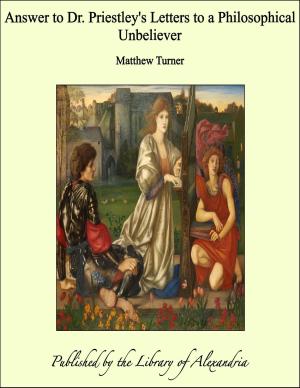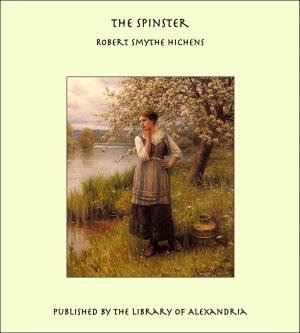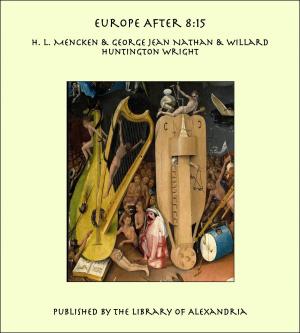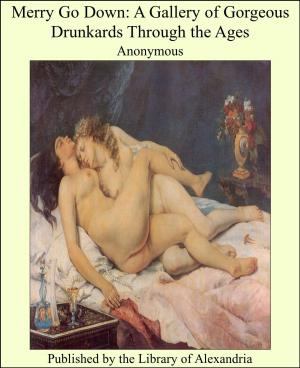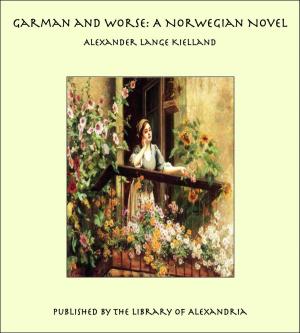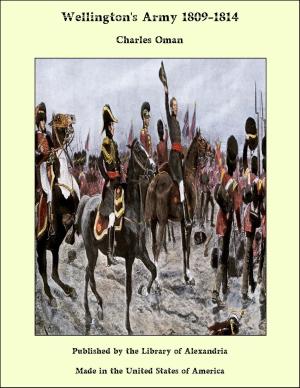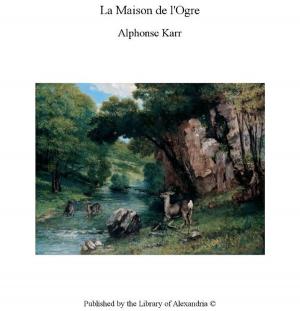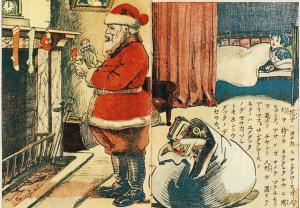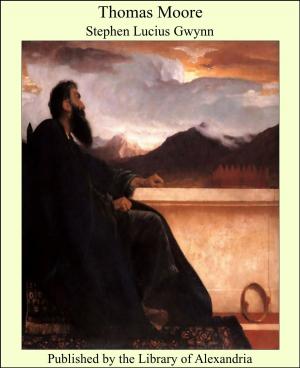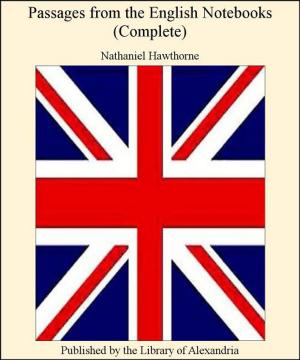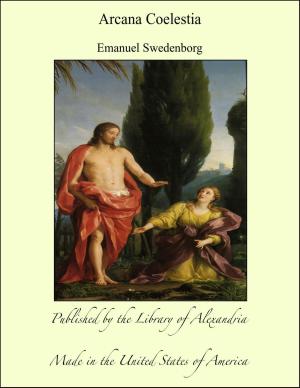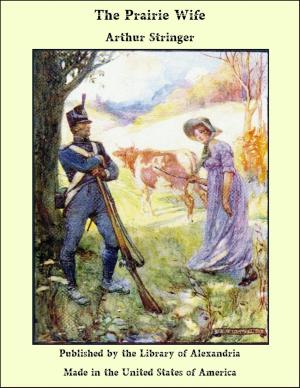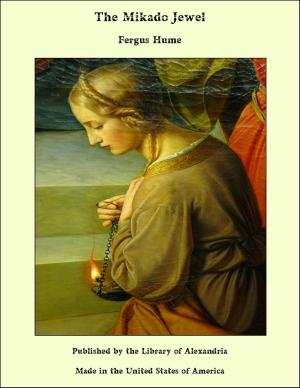English Poets of the Eighteenth Century by Selected and Edited With an Introduction
Nonfiction, Religion & Spirituality, New Age, History, Fiction & Literature| Author: | Ernest Bernbaum | ISBN: | 9781465528858 |
| Publisher: | Library of Alexandria | Publication: | March 8, 2015 |
| Imprint: | Language: | English |
| Author: | Ernest Bernbaum |
| ISBN: | 9781465528858 |
| Publisher: | Library of Alexandria |
| Publication: | March 8, 2015 |
| Imprint: | |
| Language: | English |
The text of this collection of poetry is authentic and not bowdlerized. The general reader will, I hope, be gratified to find that its pages display no pedantic or scholastic traits. His pleasure in the poetry itself will not be distracted by a marginal numbering of the lines; by index-figures and footnotes; or by antiquated peculiarities of spelling, capitalization, and elision. Except where literal conventions are essential to the poet’s purpose,—as in The Castle of Indolence, The Schoolmistress, or Chatterton’s poems,—I have followed modern usage. Dialect words are explained in the glossary; and the student who may wish to consult the context of any passage will find the necessary references in the unusually full table of contents. Whenever the title of a poem gives too vague a notion of its substance, or whenever its substance is miscellaneous, I have supplied [bracketed] captions for the extracts; except for these, there is nothing on the pages of the text besides the poets’ own words. Originality is not the proper characteristic of an anthologist, and in the choice of extracts I have rarely indulged my personal likings when they conflicted with time-honored preferences; yet this anthology,—the first published in a projected series of four or five volumes comprising the English poets from Elizabethan to Victorian times,—has certain minor features that may be deemed objectionably novel. Much the greater portion of the volume has of course, as usual, been given to those poems (by Pope, Thomson, Collins, Gray, Goldsmith, Crabbe, Cowper, and Burns) which have been loved or admired from their day to our own. But I have ventured to admit also a few which, though forgotten to-day, either were popular in the eighteenth century or possess marked historical significance. In Other words, I present not solely what the twentieth century considers enduringly great in the poetry of the eighteenth, but also a little—proportionately very little—of what the eighteenth century itself (perhaps mistakenly) considered interesting. This secondary purpose accounts for my inclusion of passages from such neglected authors as Mandeville, Brooke, Day, and Darwin. The passages of this sort are too infrequent to annoy him who reads for aesthetic pleasure only; and to the student they will illustrate movements in the spirit of the age which would Otherwise be unrepresented, and which, as the historical introduction points out, are an integral part of its thought and feeling
The text of this collection of poetry is authentic and not bowdlerized. The general reader will, I hope, be gratified to find that its pages display no pedantic or scholastic traits. His pleasure in the poetry itself will not be distracted by a marginal numbering of the lines; by index-figures and footnotes; or by antiquated peculiarities of spelling, capitalization, and elision. Except where literal conventions are essential to the poet’s purpose,—as in The Castle of Indolence, The Schoolmistress, or Chatterton’s poems,—I have followed modern usage. Dialect words are explained in the glossary; and the student who may wish to consult the context of any passage will find the necessary references in the unusually full table of contents. Whenever the title of a poem gives too vague a notion of its substance, or whenever its substance is miscellaneous, I have supplied [bracketed] captions for the extracts; except for these, there is nothing on the pages of the text besides the poets’ own words. Originality is not the proper characteristic of an anthologist, and in the choice of extracts I have rarely indulged my personal likings when they conflicted with time-honored preferences; yet this anthology,—the first published in a projected series of four or five volumes comprising the English poets from Elizabethan to Victorian times,—has certain minor features that may be deemed objectionably novel. Much the greater portion of the volume has of course, as usual, been given to those poems (by Pope, Thomson, Collins, Gray, Goldsmith, Crabbe, Cowper, and Burns) which have been loved or admired from their day to our own. But I have ventured to admit also a few which, though forgotten to-day, either were popular in the eighteenth century or possess marked historical significance. In Other words, I present not solely what the twentieth century considers enduringly great in the poetry of the eighteenth, but also a little—proportionately very little—of what the eighteenth century itself (perhaps mistakenly) considered interesting. This secondary purpose accounts for my inclusion of passages from such neglected authors as Mandeville, Brooke, Day, and Darwin. The passages of this sort are too infrequent to annoy him who reads for aesthetic pleasure only; and to the student they will illustrate movements in the spirit of the age which would Otherwise be unrepresented, and which, as the historical introduction points out, are an integral part of its thought and feeling
